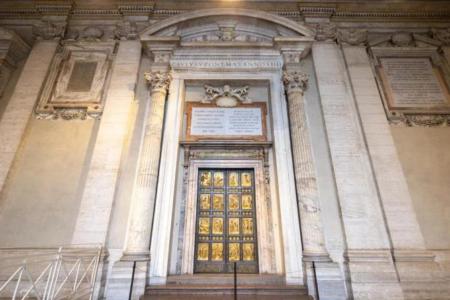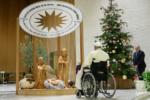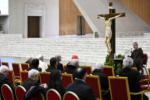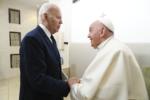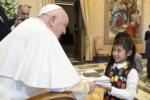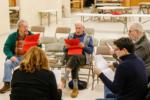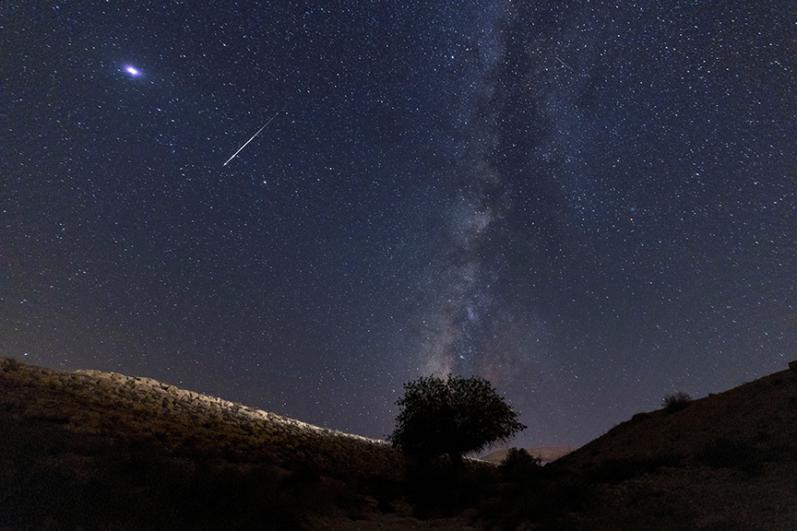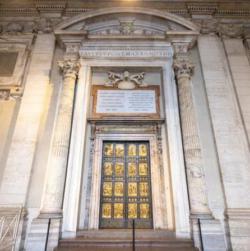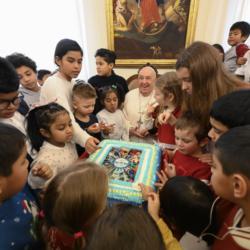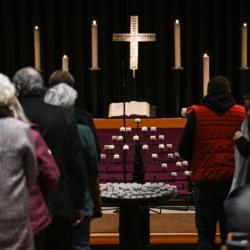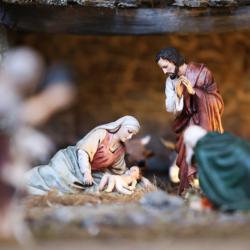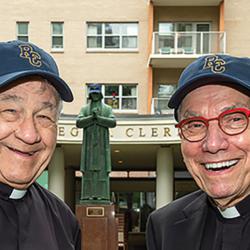The heart of Christ's love remains
Much said has been recently about the atomic bomb and the key man behind it. There was a moment in the life of J. Robert Oppenheimer, the brilliant physicist and leader of the team that developed it, when years before, as a young teacher, one of his contemporaries caught him in front of an empty classroom's blackboard filled with equations and theories and insights, chalk in hand, staring blankly ahead -- seemingly in a trance -- and mumbling over and over again, "the point is . . ." What he was searching for at that moment -- an insight, an inspiration, a deeper meaning -- we'll never know. Symbolically, it seems to say a lot.
Seminary training begins with the study of philosophy, of grasping the deeper meanings of this life and how they can change the way we see everything, in our own limited perspective, to search for more, setting the table, as it were, for the source of that meaning and purpose -- God. I think of the great St. Bonaventure, who helped us move the thinking of philosophy to a deeper, more profound, and beautiful way of understanding of God in theology, of how we as humans, in our pursuit of knowledge -- as noble and important as it is -- we can lose the point of the entire enterprise, and when we do, we fail, oh, so miserably.
In so many ways, we can treat our world and human lives as just pieces on a chess board, not as the creation of a God who gave us this incredible earth and placed each of us here for unique, mysterious, holy, and most beautiful reasons.
When I see your heavens, the work of your fingers, the moon, and stars that you set in place -- What is man that you are mindful of him, and a son of man that you care for him?
Yet you have made him little less than a god, crowned him with glory and honor.
You have given him rule over the works of your hands, put all things at his feet:
All sheep and oxen, even the beasts of the field, the birds of the air, the fish of the sea, and whatever swims the paths of the seas.
O Lord, our Lord, how awesome is your name through all the earth.
Psalm 8: 4-10
Buzz Aldrin read this aboard Apollo 11, the lunar mission that first set foot on the moon.
The pursuits of the secrets of this world and beyond and what they contain are noble and valuable, but a deeper insight into and through these endeavors makes our world more understandable, clearer, and from that, better. The need will always be there to find a context that allows us not just to search into the "How?" of these things, we can come to a deeper and more profound meaning of the "Why?" -- the workings of what is at the very heart of the Divine. This will allow us to open the door to the ethical implications of these important revelations -- not just to make discover and create new things from them, but how to use them in a way that makes differences to this earth and all her inhabitants.
Einstein said about God: "I want to know His thoughts; the rest are just details." He was not a religious man, but he had the point. With all we know, there is so much we don't -- about our world, our universe, but so much more, the mysteries of our hearts and souls.
God has given us so much: faith, hope, love, life, joy, mercy, forgiveness, this world, family, friendship -- everything begins and ends with Him. In all, through all, and for all, Christ only matters -- everything else is secondary. We are called to be grateful for all He has given us -- even the challenges. Apart from Him, we are lost, like that gifted professor, enriched with so much knowledge, staring blankly at the board, asking that question over and again. Then we return to the true Teacher and listen . . . And learn.
One of Oppenheimer's ways of dealing with the extraordinary stress he encountered throughout his life was his love of poetry. When I reflect on what Christ calls us to in this world where things change and fall over and again, these lyrics come to mind, words from a son to a father:
There are secrets that we still have left to find,
there have been mysteries from the beginning of time.
There are answers we're not wise enough to see,
he said . . . You looking for a clue? I love You free . . .
From the song, "The Riddle" by John Ondrasik
Don't be afraid to search for the "How" in the mysteries -- please just keep asking, "Why?" The answers will lead you to Christ. This world will change -- the heart of Christ's love remains -- let's find our joy and hope in Him. Look up. Look ahead.
- Father John E. Sheridan is the pastor of St. Mary-St. Catherine of Siena Parish and of St. Francis de Sales Parish, both in Boston's Charlestown section.
